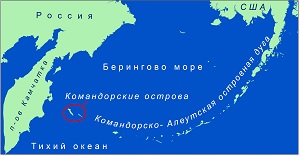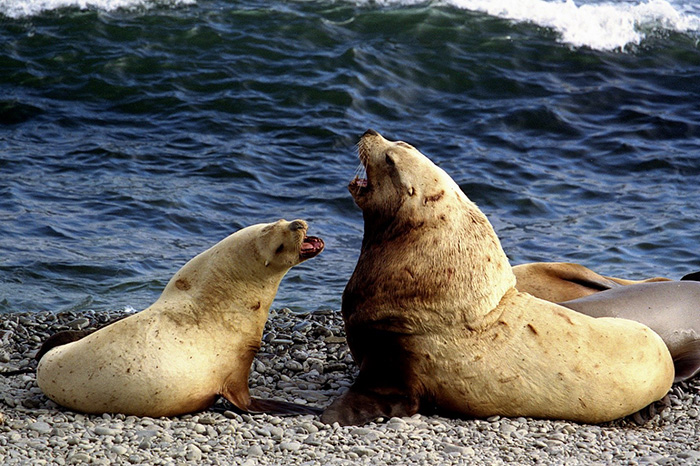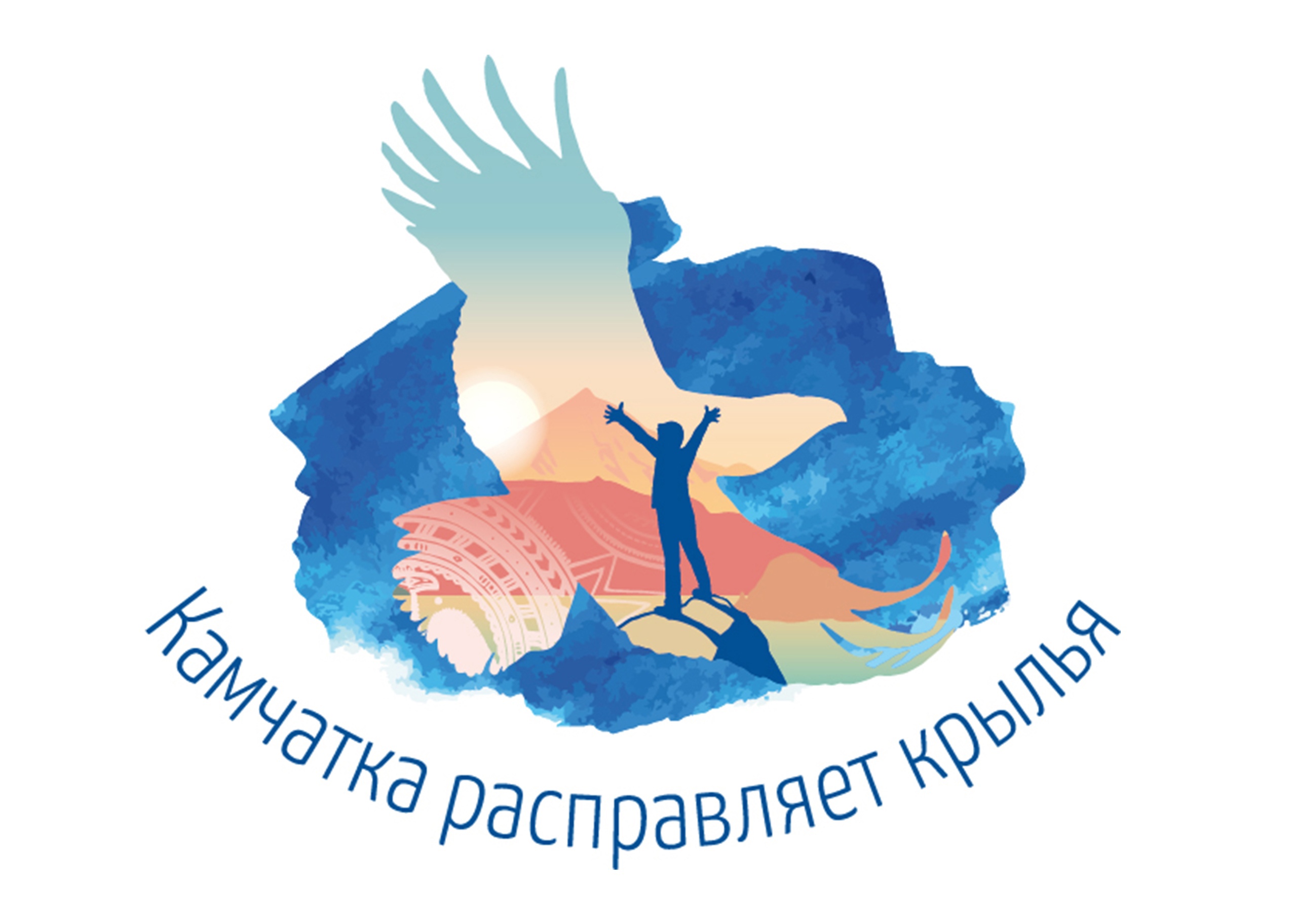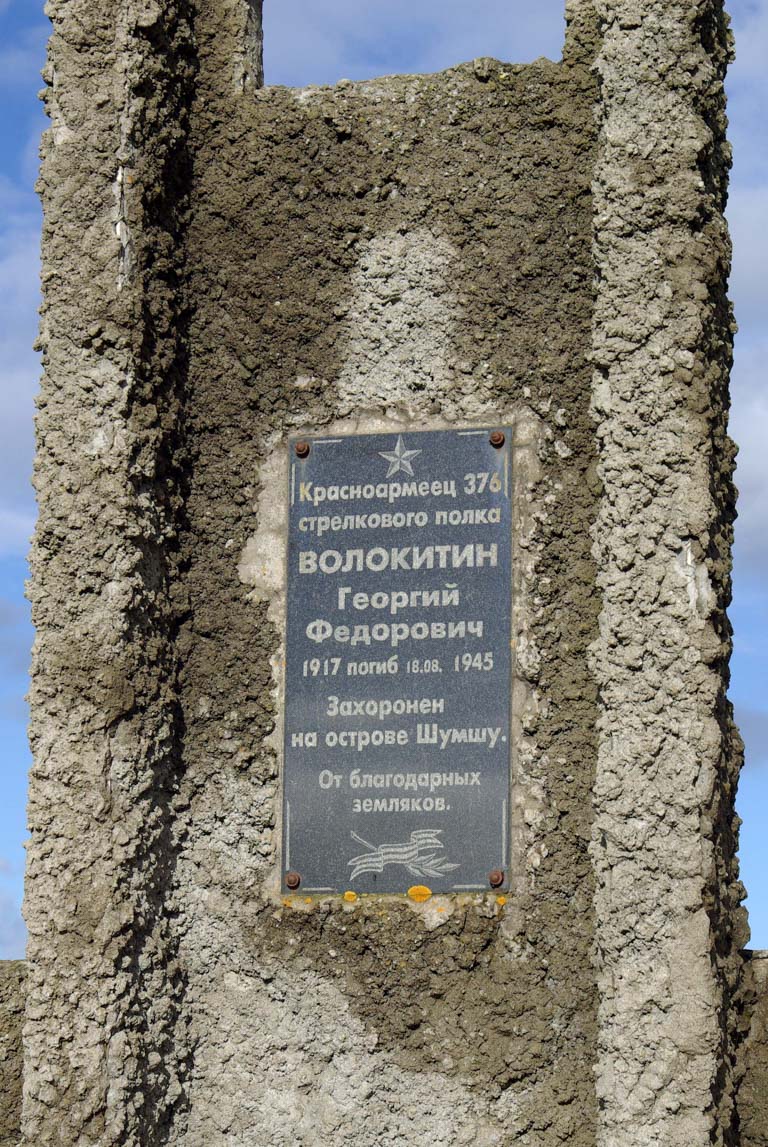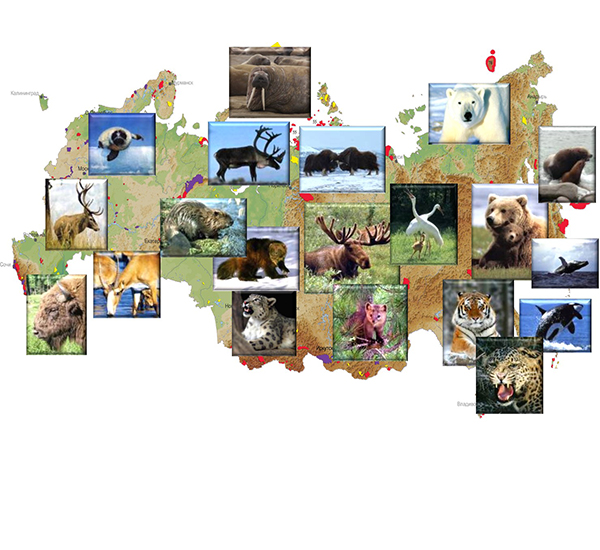For the Commander Islands, the war began on June 23, 1941. The terrible news reached the distant islands only on Monday morning. Teacher Vera Fedorovna entered the room where the children of the summer school camp were engaged: "The war has begun ...", and the voice faltered in the ensuing silence. Residents of the village gathered near the club. The life of the older generation was divided into "before" and "after".
From the first days, military enlistment offices began to receive requests to be sent to the front. But the Commanders were given other tasks, reflected in the resolution of the first rally of the war years:“We will subordinate all our work to the interests of the front and the tasks of organizing the defeat of the enemy<...>We will triple labor productivity, give the state more and better quality of furs - gold, necessary for the acquisition of guns, tanks and aircrafts for the Workers 'and Peasants' Red Army. Early repay the state loan of the third five-year plan.<...>We will intensify the work of mastering military affairs and preparing for air defense ”(Bering Island, July 5, 1941).
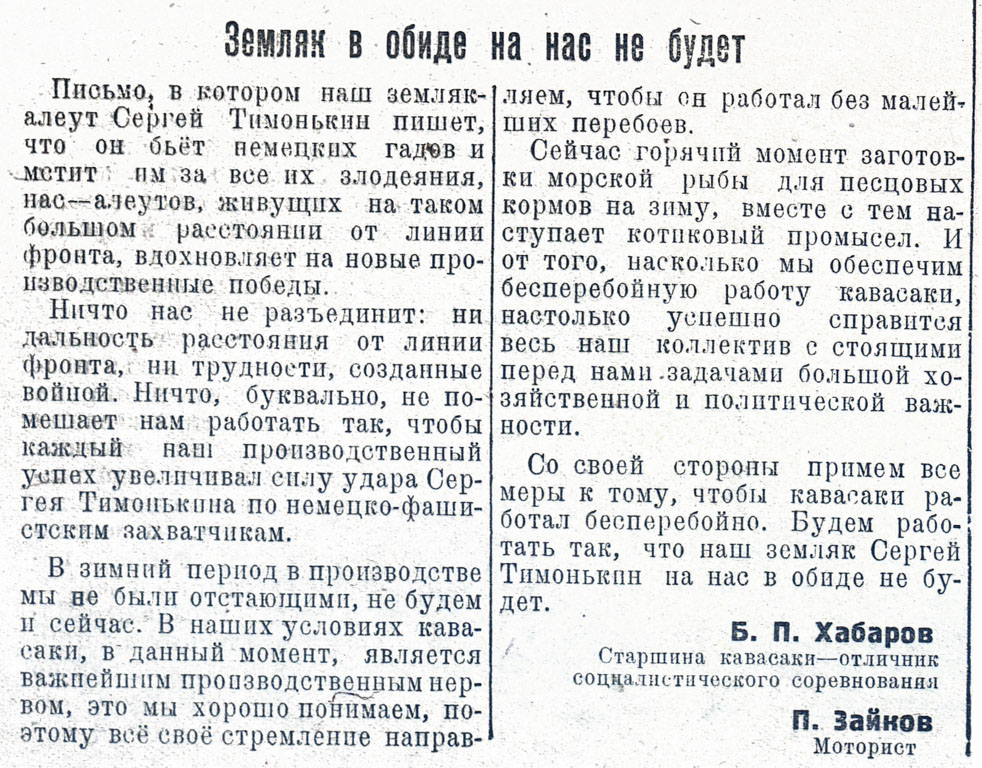
All employees of the fur farm joined the struggle for overfulfillment of the plan. In the fishery, the Aleuts always worked with full dedication, but this work is not easy. During the war years, the desire to “triple” achievements was evident at every step. Here is how Ivan Khoroshev, the manager of the Tonky Cape retreat (hunting area) described his usual working day:“from 4 a.m. to 7 a.m. I clean Arctic fox skins, then I go to check the trap boxes and launch them[I activate the traps];in the afternoon I make potaski[a kind of bait],I throw the food into the net courtyard, and in the evening till 10 o'clock I process the skins again. My wife helps a lot in my work ”. For four difficult years, the Commander Islands fur farm handed over furs to the state for 10.5 million rubles. In 1945, the plan was overfulfilled by 170%.
Everyone contributed: men, women, teenagers. Women took out pieces of flannel, thick flannelette, calico from the chests, hidden for their family and sewn clothes for the soldiers. Those who did not know how to sew, helped the fish farmer with processing for free. Some mastered male specialties and were engaged in the processing of hides. Among the successful workers in hunting and fishing were A.F. Pankova, A.I. Pakhomova, M.Ya. Zaykova, L.S. Yakovleva, A.M. Prosheva and others.
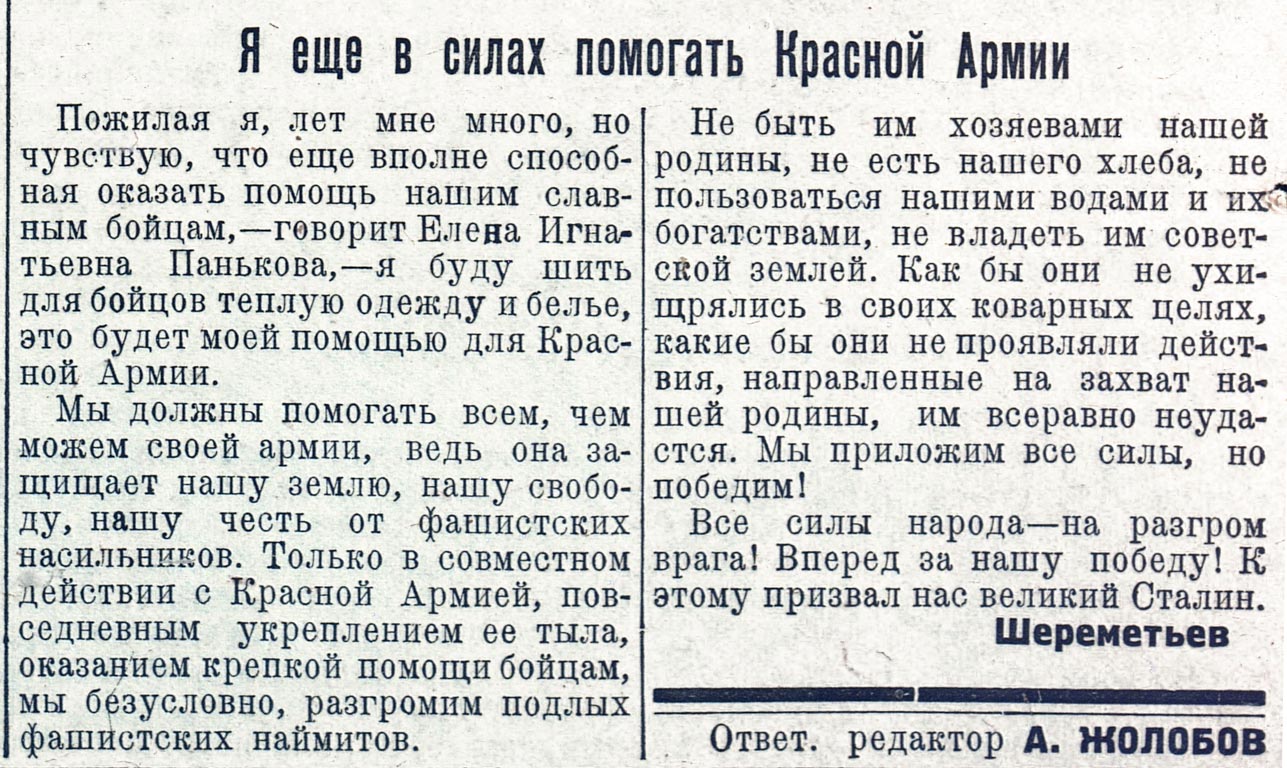
On May 9, the islanders invariably recall the stories of their fellow countryman S.V. Timonkin, honorary citizen of Petropavlovsk-Kamchatsky and honorary citizen of the Aleutian region. Sergei Venediktovich was included into the border troops in 1933. Until 1937 he served on the patrol ship Vorovsky. Then he worked as a lighthouse keeper on Chaplin Cape, returned to Medny Island and soon volunteered for the front. He fought at Stalingrad, liberated Taganrog, Rostov-on-Don, Odessa, Belgrade, reached Vienna. A lot has been said about this man... He lived a long, busy life. But there were among the Aleuts also those who were not destined to go through the crucible of war.
One of the streets of the village of Nikolskoye on Bering Island is named after the Volokitins brothers. Two of the four brothers took part in the Kuril operation, fighting in the 101st infantry mixed division. Pavel Fedorovich survived, and his 24-year-old younger brother George, August 18, 1945, perished on the distant island of Shumshu.
Another Aleut, Yevgeny Evgenievich Freiberg (born 1925), with the rank of lieutenant, commanded 234th platoon of 179th infantry division of Vitebsk. On January 10, 1945 a native of Medny Island died heroically in the battle of Klaipeda.
Still alive are those who remember Evgeny Freiberg. But no one heard the name of Jacob Antonovich Savich (c. 1910), the kindest guy, nicknamed Kunya. He was the eldest son of Maria Nikolaevna, the illegitimate daughter of the governor of the Commander Islands N.A. Grebnitsky. Jacob belonged to the circle of “blue-blouses” - the so-called satirical propaganda theater collective, created in 1923 on the basis of the Zhivaya Gazeta of the Moscow Institute of Journalism. The participants were often compared with stray actors. Like his mother, Kunya has always been the soul of the company. But the war began, and in 1943 the actor died in battles near Stalingrad.
Eternal memory to the deceased on the battlefields. A low bow to those who gave all their strength in the rear.
Natalya Tatarenkova, Head of Department of Historical and Cultural Heritage Preservation.





